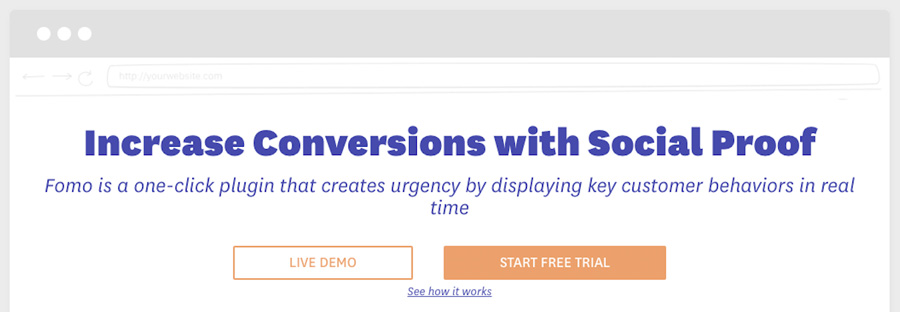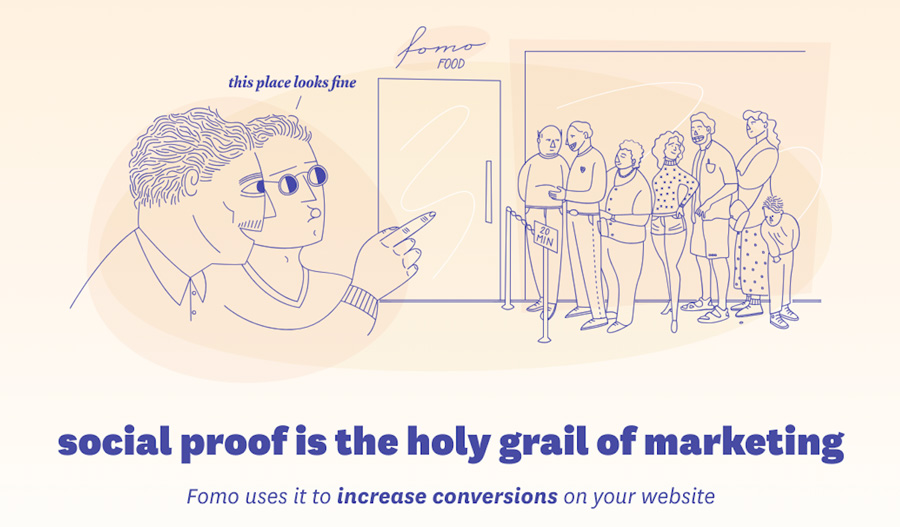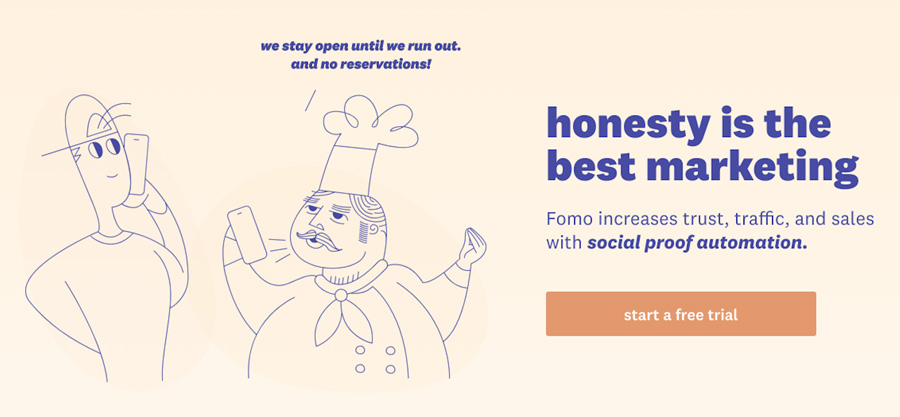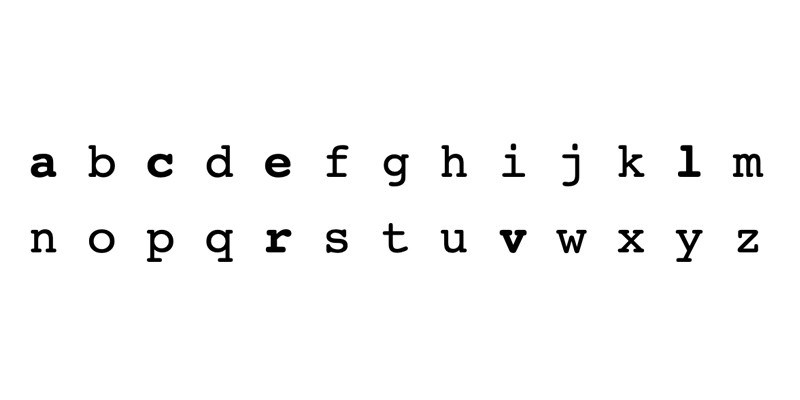last week in Malaysia i gave 3 talks on technology, creativity, and copywriting.
i described my approach to knowing when copywriting should be clear (straightforward) vs clever (abstract). loosely based on my first writing on the topic in 2016, i’ve since improved the concepts with necessary nuance.
this clarity is best illustrated with 3 spectrums. let’s review so you can write better copy today.
by company stage
new iPhone landing pages always say some bulls*it like “Brilliant, in every way.” try that at your startup and you won’t even get 100 upvotes on Product Hunt.

a simple minded marketer will look at this and think “well yeah, because you aren’t Apple.” and that’s true.
but the reason you don’t get away with aspirational headlines isn’t because you aren’t Apple, it’s because you haven’t spent billions educating the market for 5 decades.
Apple no longer has to explain they make computers, so when someone lands on their website you can darn well expect they are looking for a phone or computer.
when someone lands on your website they’re trying to figure out if it’s a Ponzi scheme. let’s now have a moment of silence for readers selling blood test solutions that only require a few drops.
by interest level
prospects are skeptical, distracted, and don’t trust you (yet).
clever copy to a cold prospect is kind of like walking up to a cute girl at the bar and dropping a pickup line. at best she’ll giggle, at worst you’re back on Tinder in T-3 minutes verifying your 5′ 6″ height.

yet that same pickup line might work in as little as a few minutes, if you establish rapport and say something dumb like “i really wanted to try this pickup line on you earlier, but couldn’t because i knew you were too classy for that kind of thing…”
at Fomo.com we’re fairly clear in our new user FAQ, but once you get “inside” we start cursing, drawing pictures of granny, making fun of French people, etc.
by outcomes
if you sell a commodity, price is the only variable that matters. your sales material is on the far left, and your kids do not want to be like you when they grow up.

if you sell things people don’t need, but want, like ice cream with gold flakes, you’re selling a lifestyle.
you are making a promise about status and prestige, and your language should reflect that goal.
what else
i spent 20 minutes jotting down these ideas but before hitting publish i Googled “clear vs clever” to see what would happen.
apparently this is is a hot topic in the copywriting community, of which i am not a part, and i think it’s because nobody has articulated the truth:
- Copy Hackers says “there is a happy medium” (wrong)
- The Middle Finger Project says “brilliant writing can be clever” (ok?)
- Space Panda Marketing says “be accessible to your ideal customer” (wrong)
#1 is long form “it depends,” #2 refuses to commit, and #3 makes the ICP (ideal customer profile) fallacy.
i’ll go into this more later, but tldr everyone’s ideal customer looks the same: pays up front, commits to annual, never complains, writes a testimonial, refers others, implements quickly.
since ICP is a useless tool for audience differentiation we should focus on our RCP, or realistic customer profile. this is the prospect who’d consider your solution a no-brainer if they heard about it today.
i built an entire course about this, but for now, just accept #3 is wrong and probably loses 10 more points for being published on the cess pool that is Medium.
here’s the truth: both strategies (clear, clever) are right. sometimes.
the enlightened marketer does not throw out the hammer and keep the screwdriver, she chooses which to apply per situation. and she makes this decision with a sort of matrix, or questionnaire if you are boxist.
clear vs clever matrix
how much does my web traffic already know about my company? are they already paying me, or still considering? and what the heck do i sell: a need, or a want?
answer these questions and you have a path forward.
skin in the game
here’s some of my copywriting for the Fomo.com home page over the last 3 years.
as we’ve grown, improved our product, and earned trust, our position on each of the 3 spectrums has moved from left (clear) to right (clever) at a pace of 10-20% per year.
2016

painfully on the nose, but this worked. and it was what we needed, because being first to market means nobody knows WTF you do.
nowadays, thanks to dozens of mostly unethical competitors, we’re more mainstream and can get funky.
2017/2018

a bit more abstract.
our thesis: since word of mouth marketing is free, it’s therefore the “holy grail.” not everyone cares about customer acquisition cost though (see: VC-funded startups).
2019

last summer i attended a wedding in Lubbock, Texas.
immediately after landing i searched for the best BBQ spot in town and called to get the deets. “we stay open until we run out of brisket. no reservations.”
this was the most honest thing a restaurant cashier could have said to me, and it was also the most enticing marketing message i’d ever heard. thus “honesty is the best marketing” was born.
moving left and right
if you launch a new product, to a large audience, and it solves a specific need for a highly competitive market… keep it simple.
but as you innovate, build trust, and grow cajones, add some spice. try clever.
first with customers already in sync with your vibe. then with your RCP, which by now looks more like your ICP (it’s a moving target). and finally with prospects, who already know what you’re about because a customer referred them.
to be clear, introduce clever copywriting in the following order:
- paying customers
- referrals
- n00bs
over time #3 will be as educated as #2, and #2 candidates will be nearly as trusting as #1.
clear vs clever copywriting is not a “versus” duel. it’s a timeline, an and, for the patient builders among us.
“there is no such thing as perfect pasta, only perfect pastas.”
— Malcolm Gladwell

Very interesting. I hadn’t thought about it this way before but now it seems obvious. Which is always the best kind of new mental framework :)